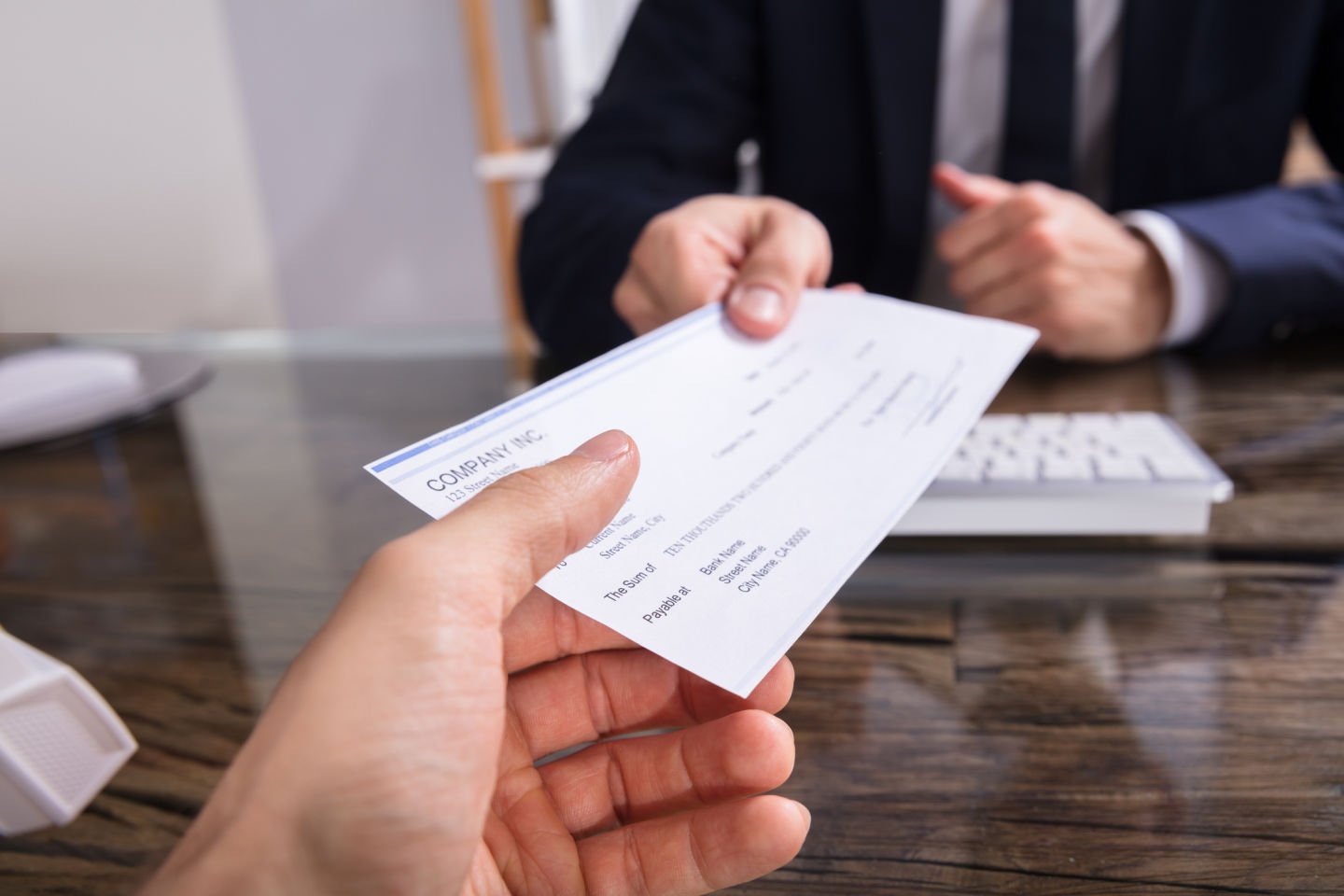Check out the new ways to move your money
If you’ve always relied on cheques to settle your bills, you’ll need to find other ways to pay.

Although cheques account for just 0.2% of retail payments in Australia, they remain popular with many seniors.
The attraction of personal cheques is that they allow you to pay your bills with your own money, rather than using a credit card. For a long time, they were the only way of doing this apart from paying with cash – and they were more secure than that option.
The banking system has changed dramatically over the past decade, with new options to move money around, leading to a government decision to phase out cheques by 2030.
Many seniors will already be aware of this, with their banks keen to have them move toward options under the New Payments Platform (NPP).
Run under the auspices of the Reserve Bank of Australia (RBA), the NPP allows customers of financial institutions to make immediate payments 24 hours a day, seven days a week.
A prominent player in this field is Osko, operated by BPay, the system many people already use to pay bills.
Osko allows customers to move money between banks in real time, meaning you can send money to friends and family or pay for goods and services on the spot.
With some banks, Osko can be used in conjunction with PayID, which enables you to use a memorable, unique piece of information, such as your mobile phone number or email address, to receive payments.
Debit cards are another possible alternative to cheques. Using the same systems as credit card companies, and usually branded either Visa or MasterCard, these cards are often issued by banks and linked directly to savings accounts.
You can purchase prepaid debit cards from supermarkets and post offices that are charged with a certain amount of money, say $50 or $100. They can be useful as gift cards as they are not tied to a particular retailer.
Debit cards also come in digital form. They have the same utility as physical plastic cards but are stored on your mobile phone.
If you are uncomfortable with online banking, the federal government's Be Connected website offers free courses here.
Disclaimer: Any links provided are for general information only and should not be taken as constituting professional advice. National Seniors is not a financial advisor. You should consider seeking independent legal, financial, taxation or other advice to check how any information provided relates to your unique circumstances.

